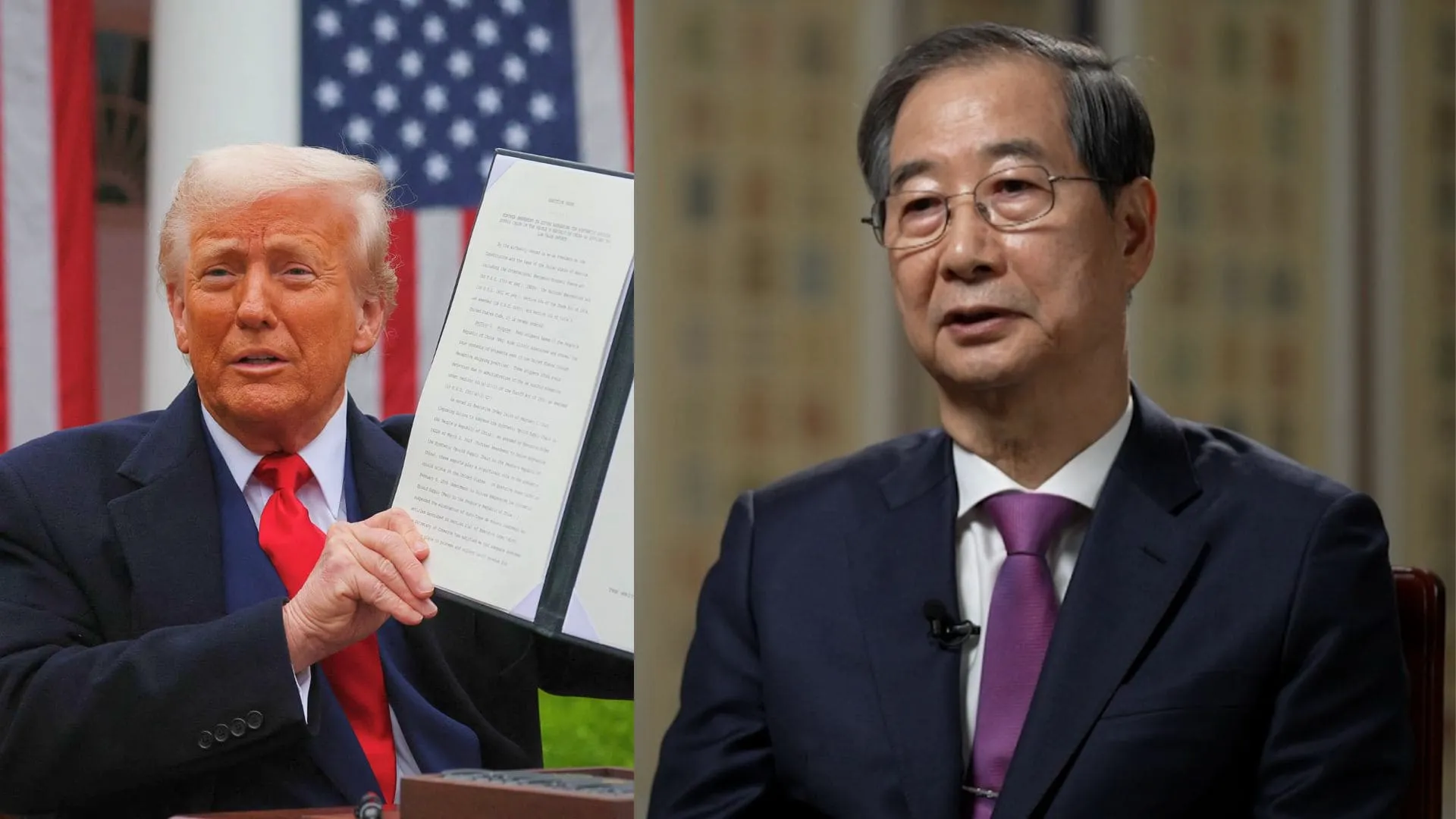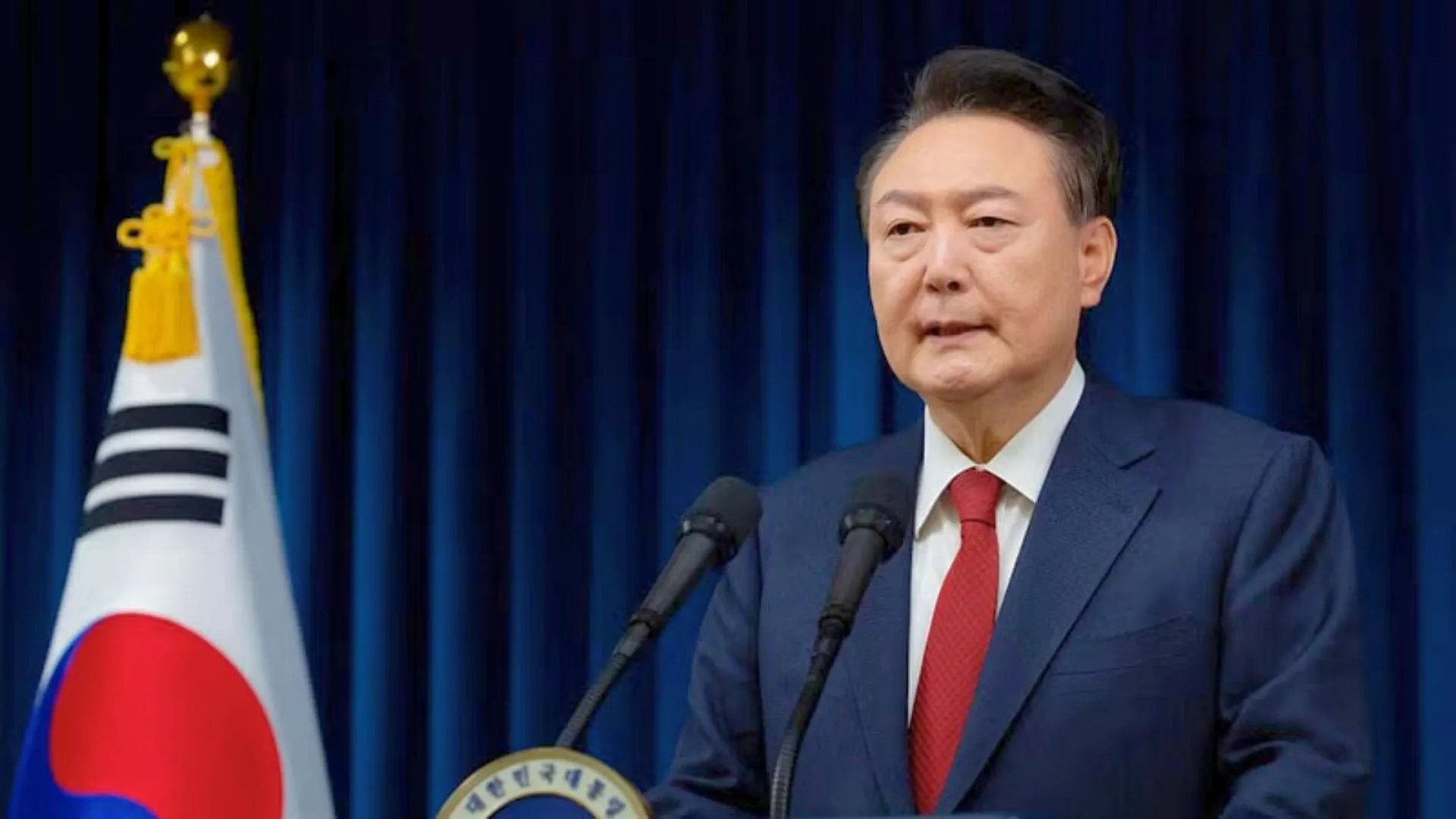In the first use of the newly enacted national security law, six individuals were arrested by Hong Kong police on Tuesday for social media posts considered “seditious” by authorities, CNN reported. The national security police arrested six people, including a woman currently in prison, on suspicion of committing acts with “seditious” intent, according to a police statement.
Police accused the incarcerated woman and five others of exploiting “an approaching sensitive date” to anonymously publish seditious posts on social media since April. They alleged that the intention was to “incite citizens’ hatred of the central authorities, the city government and the judiciary, and to incite netizens to organize or participate in illegal activities later on.” However, the statement did not specify the upcoming ‘sensitive date.’
June 4 marks the 35th anniversary of Beijing’s June 4, 1989, Tiananmen Square massacre, when pro-democracy protesters were killed in a brutal crackdown by the Chinese military. This event has been erased from the official record by Chinese authorities and can no longer be safely commemorated in Hong Kong, as reported by CNN.
The arrested individuals included five women and one man, aged between 37 and 65. They could face up to seven years in prison if convicted, according to the police. “Those who intend to endanger national security should not have the delusion that they can avoid police investigation by going anonymous online,” the statement added.
Significantly, these arrests marked the first time Hong Kong’s own national security law had been invoked since its unanimous passage by the city’s ‘opposition-free’ legislature in March. Known locally as ‘Article 23,’ the law was expedited at the request of city leader John Lee and debated over just 11 days.
The legislation introduced 39 new national security crimes, adding to an already stringent national security law imposed directly by Beijing on Hong Kong in 2020 following large and sometimes violent pro-democracy protests the previous year. This law has already dramatically altered Hong Kong, with authorities jailing numerous political opponents, disbanding civil society groups and outspoken media outlets, and transforming the once freewheeling city into one that prioritizes patriotism.
The local national security legislation encompasses a range of new crimes, including treason, espionage, external interference, and unlawful handling of state secrets, with the most serious offenses punishable by up to life imprisonment. Hong Kong’s leader, Lee, described it as a “historic moment for Hong Kong.” However, critics and analysts warned that it would align the financial hub’s national security laws more closely with those used on the Chinese mainland and intensify the ongoing crackdown on dissent, as reported by CNN.
For decades, Hong Kong was the only place on Chinese soil where mass commemorations were held every June 4 to remember the Tiananmen Square massacre. However, since 2020, candlelight vigils have been all but banned as authorities have sought to extinguish all public commemorations of the crackdown, which remains the most significant political taboo in mainland China.























